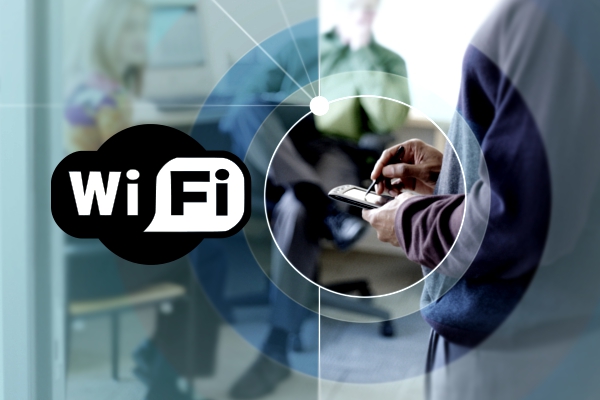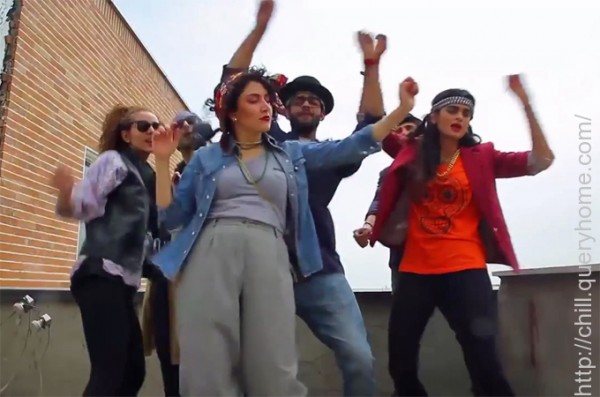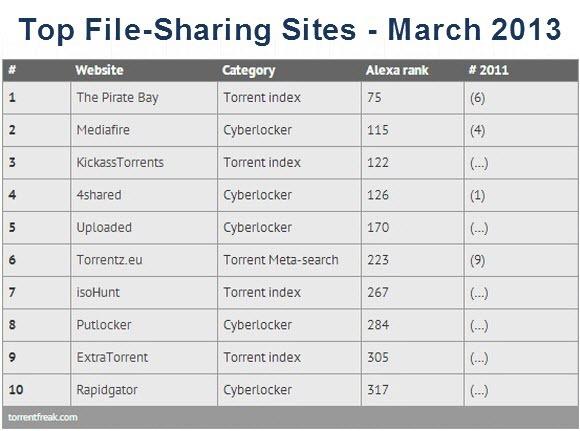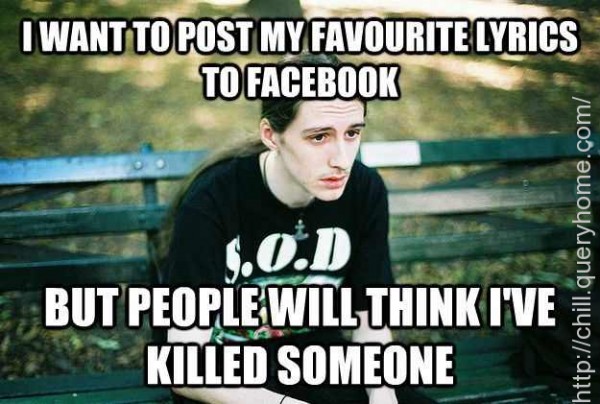Don't use Open WiFi

Your open Wi-Fi connection can be used by criminals or terrorists without your knowledge and this can land you in trouble with the law in almost any country. Keeping your WiFi Open and not keeping it password protected can sometimes land you in prison. This would enable a thief to hack email accounts, obtain log-in passwords, track people's movements and steal thousands of pounds in just a few hours. This happened with a person name Barry Covert whose open WiFi was used by his neighbor to access child pornography websites. Though, police arrested his neighbour after investigations, Barry had to face the police questioning for a month before the correct person was arrested. It is always better to password protect your WiFi with WEP, WPA (WPA-Personal), and WPA2 (Wi-Fi Protected Access version 2).
Deleting Your Browser History Search

Sometimes erasing your search history can also land you behind bars. This happened in United States, when a person namely David Kernell was arrested for deleting information on his computer. A University of Tennessee student, Kernell was being investigated by federal authorities for allegedly hacking Yahoo Account of the then vice presidential candidate, Sarah Palin. India to had brought about laws making it mandatory for users to save their browsing history for 3 months. But the same was scrapped after there was huge public outcry against it.
Offensive Comments, Posts, Messages or Tweets

Making offensive posts or tweets or sending offensive messages can land you in trouble in any part of the world. Two persons from Leigh Van Bryan aged 26 and Emily Bunting aged 24 tweeted about their upcoming visit to USA, “Free this week for a quick gossip/prep before I go and destroy America”. They were interrogated for about five hours by the authorities. Bryan and Bunting tried to convince the police that “Destroying” was a British slang for “Partying.”
Using VOIP services

This issue is country specific and only limited to Ethiopia. Using VOIP services like Skype is strictly prohibited in Ethiopia and can land you in prison (An user from Ethiopia has contradicted this). The country’s new telecommunications law strictly prohibits VOIP services, which consist of audio and video communication and transfer of information over VOIP clients. We advise you that if you are citizen or tourist of Ethiopia, kindly check up with authorities before using Skype or any other VOIP services.
Dancing in a Video

This is a serious offence in Iran. In fact, six persons were arrested for dancing to a video from Pharrell Williams song “Happy”. The Iranian judiciary found them guilty and they received 91 lashes as well as year’s prison sentence. Though later, the sentences were suspended and they were let off in six months. In Russia, a youth was jailed in Russia for 15 days and two women were jailed for 10 days after they were found to be allegedly dancing and making a video near a second world war memorial.
Leaving Internet Comments

Syria is now a battlefield between different warring factions for control of territory. Even then, commenting on the Internet is a crime in Syria. Human Rights Watch reported that in 2007, Syrian authorities arrested two person and they were shifted to unknown place, apparently for offering their comments about the censorship laws in Syria on a website.
Translating Articles

Translating banned books can land you in jail in any country. Thailand authorities arrested an American citizen who translated one such article on his blog. The article was termed as “offensive to the autocracy” by the Thai authorities who consider their King as a supreme being. Even posting on Facebook/tweeting against the King can land you in jail in the Lese Majeste laws. In Indonesia, a person was put behind bars for two years after he posted “God does not Exist” on “Facebook”.
Gambling Online

Online gambling is banned in many countries across the globe and can land you behind the bars. This includes if you organize gambling or play online games like Poker, Blackjack etc.
File Sharing can be too Dangerous

File sharing is a contentious issue. In some countries you are free to share movies, images or files without the worry of the law but in many countries it is illegal to share what is considered as pirated content. In some places even downloading torrents is considered as being unlawful.
Posting Songs Lyrics on Facebook

This may have happened only once. Unites States authorities arrested rapper and school student, Cameron D’Ambrosio for posting rap lyrics on Facebook. The police allege that D’Ambrosio made terrorist threats under the garb of rap. Prosecutors sought to charge D’Ambrosio with threats to make a bomb or hijack a vehicle, carrying a maximum sentence of 20 years in prison.


